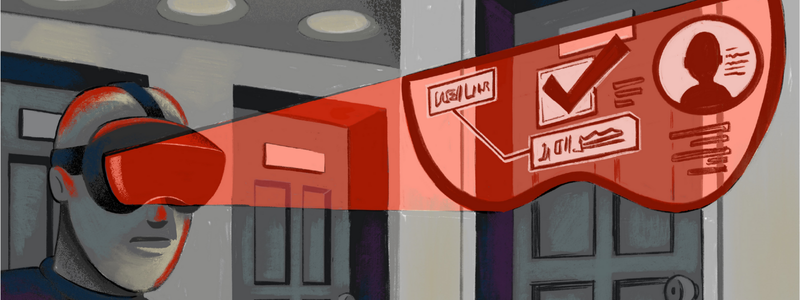Understanding Threats to Public Officials
Download the Year 6 project summary.
So What?
A number of factors, including social change and declining confidence in core institutions, have contributed to a more complex and evolving threat landscape that puts ordinary Americans and public institutions at higher risk for violence.
Project Summary
This project will enhance the understanding of a broader trend in the United States towards polarization and normalization of threats of violence. The research team will collect data on U.S. federal cases of threats targeting public officials and seek to evaluate the level of support for political violence among the U.S. public.
Purpose/Objectives
This project seeks to provide a comprehensive understanding of the current threat landscape in the United States by focusing on two major facets: the increase in communicated threats towards public officials and the extent of public support for political violence. The objective is to fill a major gap in this research area by taking a comprehensive and holistic view of federal threat cases, and by understanding how public support for political violence may generate a culture that permits further threats.
Method
This project’s methodology is two-fold: analysis of federal court records and a state-of-the-science review. The federal court records range from 2013-2023 and include federal cases of threats against public officials. The analysis considers specific characteristics of the incident, including the threat, ideology, perpetrator, and victim. The state-of-the-science review will involve collecting existing survey studies related to public support for political violence.
Outputs and Impact
- Infographics
- Briefings
- Peer-reviewed article submissions, op-eds
Reports and Publications
Understanding Threats to Public Officials – 2025
This document gives further breakdown on the top states from which threats against public officials are being made.
Understanding Threats to Public Officials – 2024
This document gives a breakdown of cases involving threats against public officials by state.
CTC Sentinel: Rising Threats Against Public Officials – A Review of 10 Years of Federal Data
This article, published in the CTC Sentinel, offers an overview of NCITE's research examining threats to public officials, including which public officials are targeted, strategies used to threaten, and ideological motivation.
Understanding Threats to Public Officials – 2023
This document gives a general breakdown of federal court cases involving threats against public officials in four sectors: health care, education, law enforcement, and government/elections. It also examines ideological motivation and method used to communicate threat.
Research Team
Seamus Hughes- University of Nebraska at Omaha
- Senior Research Faculty and Policy Associate at NCITE
- Expertise: Research journalism, terrorism, public policy, federal courts
- Chapman University
- Professor
- Department of Sociology
- Expertise: Social movements and collective behavior, terrorism, violence, social psychology
